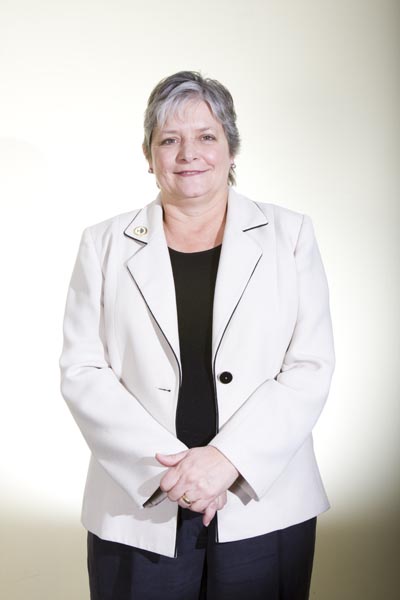State Hornet Q&A – Heather Fargo

Sacramento Mayor Heather Fargo:
October 9, 2008
Mayor Heather Fargo is hoping to become the first mayor in Sacramento history to win a third term in office. The recent signing of the memorandum of understanding between the city and Sacramento State was one of the hallmarks of her career. She spoke with The State Hornet on Thursday to discuss her views coming into Monday’s debate.
State Hornet: Why are you running for a third term as mayor of Sacramento?
Heather Fargo: I really love Sacramento and I’m really excited about the projects I have underway. I think there’s more to be done in the city of Sacramento, and I want to do it.
SH: What kind of projects are you working on?
HF: Well, I’m working on quite a few projects. I’m spending a lot of time downtown, of course. I have a lot of projects underway and about to happen on the K Street Mall, which everyone sees as the center of the city, adding a lot of housing in downtown Sacramento, and really working on improving the neighborhoods (by) adding libraries and community centers and improving our streets. It’s kind of a combination of helping grow the economy of Sacramento, as well as improving the quality of life in Sacramento so that people actually want to live here.
SH: You recently signed a memorandum of understanding with Sacramento State. Where do you sort of envision that going?
HF: I hope it’s going to benefit the city as well as Sac State itself. Things like internships – offering more internships certainly helps students at Sac State, but also helps the city of Sacramento. I think student housing should be a bigger issue for Sac State than it has been. I’ve always been a fan of having more housing near Sac State, so that people who are going to school could choose to live there and go to school there.
SH: There are a lot of problems with the national, state and local economies. The city of Sacramento has a structural deficit of $58 million. What will it take to get our local budget balanced? Where do you see the budget getting balanced or what would we have to do for that?
HF: At this point we do have a balanced budget. We had a $58 million deficit – a shortfall in our revenue, so what we had to do was to take that $58 million out of the budget, which we did. We did that by a combination of utilizing our reserves by using $20 million and then we had some new revenue sources. The rest were cuts. So now, we’re looking at what we’re anticipating what’s in next year’s budget. At this point, we’re looking at a $40 million shortfall next year, as well. The shortfall is a direct result of the mortgage crisis that is going on. Our three main revenue sources are property taxes, revenue taxes and the utility user tax of 7.5 percent on gas, electricity and telephone service – they’ve all basically flat lined. As our population and expenses have grown, our revenue has stopped growing. We’re going to have to tighten our belts for the next couple of years and then I think it’s going to be OK.
Hornet news can be reached at [email protected]




























































































































